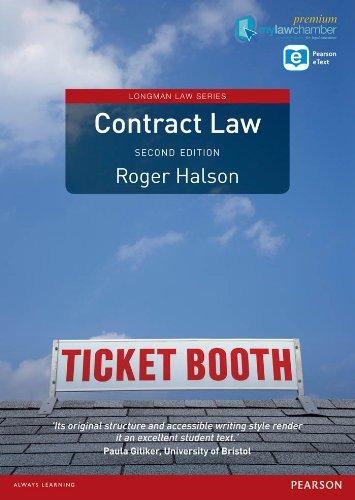Question
QUESTION 11 Early common-law duties imposed on innkeepers that continue to hold influence in contemporary hospitality law include: a. The duty not to discriminate. b.
QUESTION 11
Early common-law duties imposed on innkeepers that continue to hold influence in contemporary hospitality law include:
| a. | The duty not to discriminate. | |
| b. | The duty to protect guests' property. | |
| c. | The duty to provide in-room meals. | |
| d. | All of the above. | |
| e. | a. and b. only |
QUESTION 12
The practice of overbooking by hotels
| a. | Is acceptable because hotels cannot predict how many guests will cancel their reservations at any given time. | |
| b. | Has been considered fraudulent by some courts. | |
| c. | Is acceptable because only very exclusive hotels engage in the practice. | |
| d. | Is never acceptable. |
QUESTION 13
Samuel Cassidy made a reservation online for a two-night stay at the Pacific Hotel. The hotel's reservation policy, stated in the confirmation email sent to Mr. Cassidy, read: "Guests must notify Pacific Hotel of their intent to cancel any reservations prior to 8:00 a.m. on the day of the scheduled reservation. Failure to do so will result in a one-night charge for which the guest is responsible." Mr. Cassidy had a last-minute change of plans and emailed Pacific's reservation service at 11:30 a.m. the morning of his intended stay that he had to cancel. Pacific charged Mr. Cassidy's credit card for a one-night stay. Mr. Cassidy claims he is entitled to a refund of that charge. Pacific disagrees.
| a. | Pacific is correct because a confirmed reservation is a binding contract, and the cancellation policy was clearly spelled out | |
| b. | Pacific is correct because it was entitled to punish Mr. Cassidy for his tardiness. | |
| c. | Mr. Cassidy is correct because a contract between a guest and hotel is not formed until the guest arrives to sign the reservation documents at check-in. | |
| d. | Mr. Cassidy is correct because the law does not permit hotels to charge guests who do not use a hotel room. |
QUESTION 14
Laws passed at the federal level:
| a. | Never apply to local state hotels. | |
| b. | Likely apply to local state hotels under the Taxing Clause of the United States Constitution. | |
| c. | Likely apply to local state hotels under the Commerce Clause of the United States Constitution. | |
| d. | Always apply to local hotels under the Executive authority granted by the United States Constitution. |
QUESTION 15
The rights of non-registered guests on hotel property
| a. | Are not equivalent to the rights of registered guests. | |
| b. | Are equivalent to the rights of registered guests. | |
| c. | Do not vary from one hotel to the next. | |
| d. | Are non-existent. Non-registered guests have no rights. |
Step by Step Solution
There are 3 Steps involved in it
Step: 1

Get Instant Access to Expert-Tailored Solutions
See step-by-step solutions with expert insights and AI powered tools for academic success
Step: 2

Step: 3

Ace Your Homework with AI
Get the answers you need in no time with our AI-driven, step-by-step assistance
Get Started


